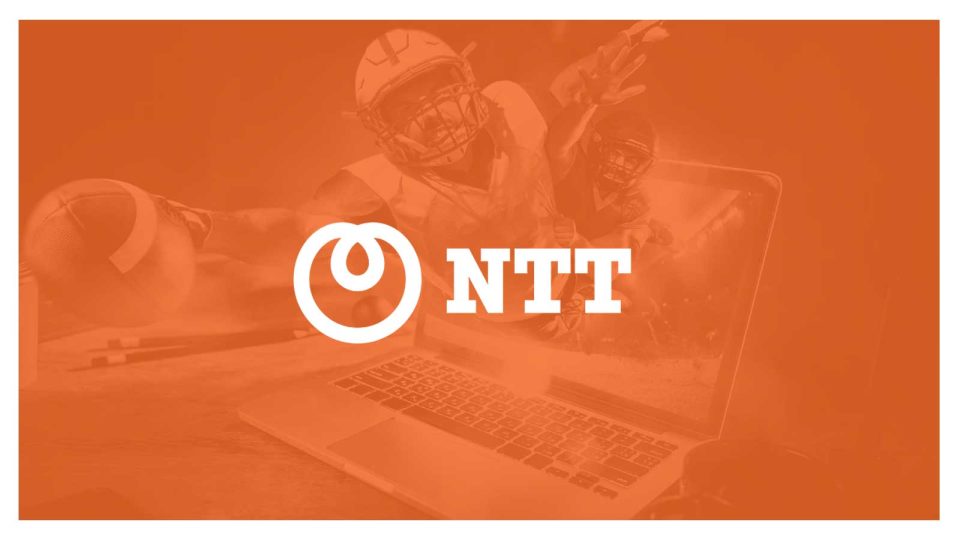As the Olympics once again are underway, I’m reminded how central sports are to the human experience. Athletic games inspire passion and engagement. They challenge us to be our best, both in the moment of competition and also throughout our daily lives. Sports has also become an industry. And like all modern industries, digital technology has infused sports and enhanced the game as well as the business. The global sports technology market is growing nearly 14 percent annually and is projected to reach $41 billion by 2027.
Also Read: The Top Five Must-Haves for Picking an AI Security Solution
Already, technology solutions help capture and analyze data that can improve athletic performance. This same technology also can monitor and analyze traffic and pedestrian congestion around sports venues and offer real-time predictions and recommendations to keep fans safe while bringing them closer to the action than ever before.
For example:
- Tour de France: This year’s premier cycling race featured the world’s largest connected stadium, including a digital twin that spans over 3,500 kilometers. This digital marvel delivers real-time information that lets fans everywhere immerse themselves in the competition.
- The Open: An interactive Data Wall and AI-driven platforms provided immersive experiences and comprehensive analytics that enhanced how fans engage with golf’s oldest major championship. The event relied on a Private 5G network that brings cloud to the Edge for applications that require super low latency computing, storage, and networking.
- Major League Baseball: Tests of ‘Ultra Reality Viewing’ delivered real-time, super-high-definition video to mimic the experience of watching a game live at the stadium.
- IndyCar Series: Hundreds of sensors on each car and around the tracks gather and analyze millions of data points during each race. AI then makes pre-race predictions about the winner and in-race predictions about strategy in real-time. Fans can access these insights directly through the INDYCAR App and across broadcast and social media channels.
Smart and sustainable
A related area where technology can have an impact is on sports venues. For instance, the Indianapolis Motor Speedway (IMS) and Nationals Park in Washington, DC, have transformed into “Smart Venues,” i.e., intelligent stadiums that leverage computer vision, AI, and data science for crowd management, public safety, concession management and the delivery of key services. When venues and teams operate more efficiently, they can also reduce their carbon footprint and realize sustainability goals.
For instance, during the Indianapolis 500 race, which draws more than 300,000 fans, IMS staff relies on a SMART Management Platform (SMP) that gathers and analyzes enormous volumes of real-time data to support smooth operations. This includes AI-enabled optical detection technologies to improve security and traffic flow, and using digital ticketing to predict wait times at event gates and concessions. The IMS app offers fans real-time analysis and alerts about crowds and traffic, as well as congestion reports from specific gates and tunnels. The system uses predictive analytics to enable faster response times to potential issues and risks.
Fans benefit from insights and predictions about each gate that help them plan their arrival at the track and avoid long lines. Insights around concessions also reduces wait times for fans and helps operators manage inventory and staff while optimizing food preparation and minimizing waste.
Also Read: The Data Dilemma in the Era of AI
The value of the SMART Management Platform was especially clear at this year’s Indianapolis 500 in May, when storms caused a four-hour rain delay and forced the evacuation of stands while 100,000 people were still waiting outside the entry gates. During that time, operations staff relied on reporting to quickly assess conditions and crowds throughout the facility and develop mitigation strategies for the weather-related threat.
Beyond motorsports and venues, the powerful capabilities of the SMART Management Platform can deliver tremendous value for municipalities, as well as industries such as manufacturing, transit, and retail. Virtually any organization can use its data-driven insights to make better decisions, develop stronger business strategies and optimize their operations.
Sports as a testing ground
Technology innovations for sports venues, teams, and spectators deliver seamless, entertaining experiences. Sports use cases also provide an opportunity for technology providers to test their offerings in high-stress, high-pressure environments and showcase their appeal for many other industries. A recent example was at the May 2024 Indianapolis 500, where NTT Research debuted a new technology called Embodied Knowledge—which resembles a highly-realistic flight simulator that pilots use for training.
Using sensors to record the physical sensations that professional drivers experience in a race, the technology shows what drivers see and hear, and enables users to experience how it actually ‘feels’ to drive an Indy racecar at high speeds on a real track. Beyond providing a thrilling experience, this technology has tremendous potential applications for training and learning, such as allowing surgical students to feel the tension and resistance of tissues and materials exactly as they would in an actual surgery without any risk to an actual patient.
As technology and connectivity become ever more important, sports organizations are working to be on the cutting edge to give their athletes that extra second or yard difference, enthrall their devoted fanbases, and ensure future success. Furthermore, technology that transforms major sporting events can provide a blueprint for innovation that transcends business boundaries, creating a continued cycle of success that ripples across all industries.
Also Read: CIO Influence Interview with Kelly Ahuja, CEO, Versa Networks
[To share your insights with us as part of editorial or sponsored content, please write to psen@itechseries.com]


